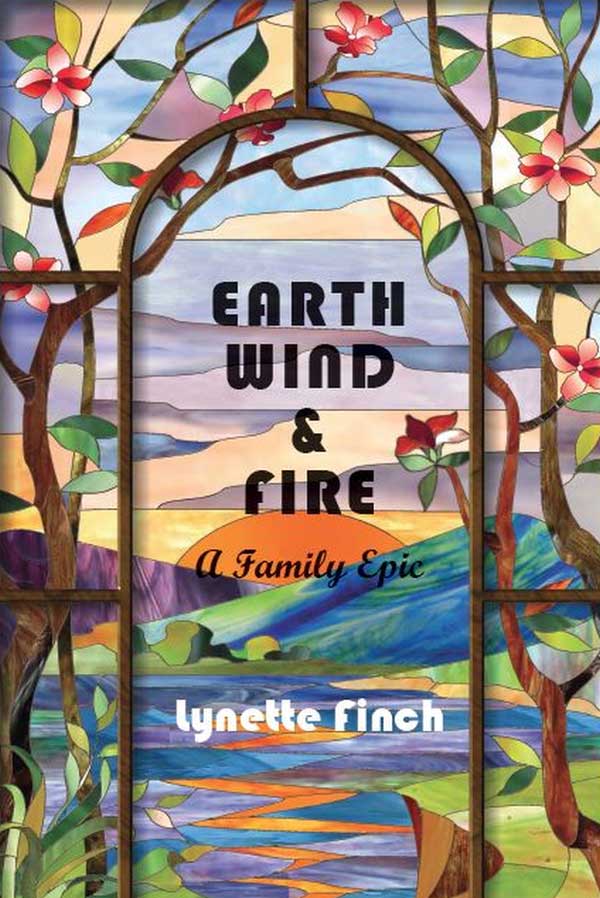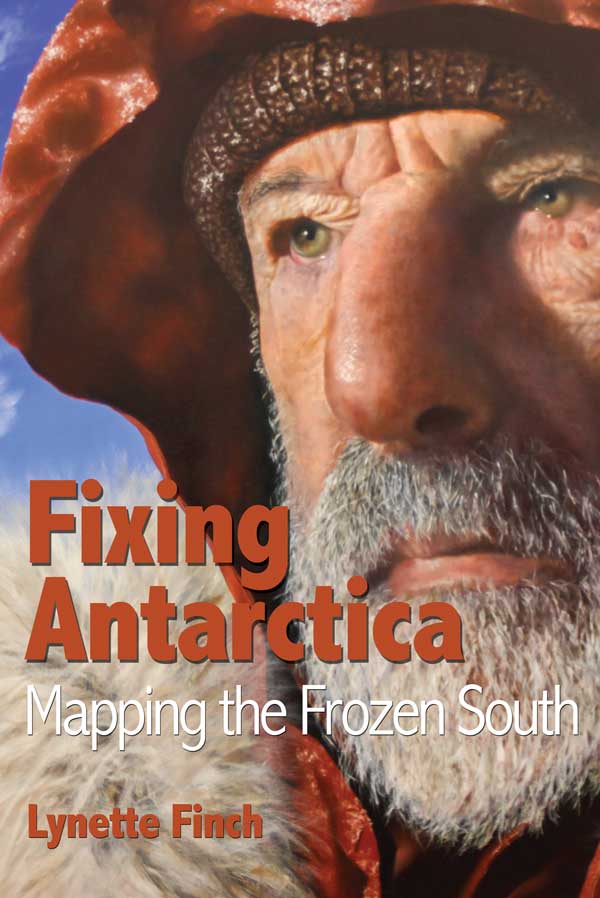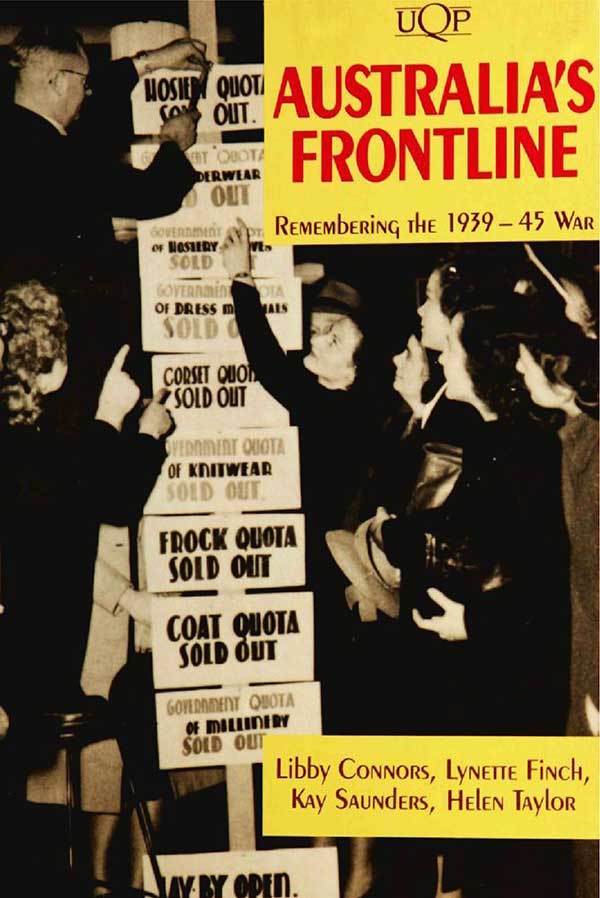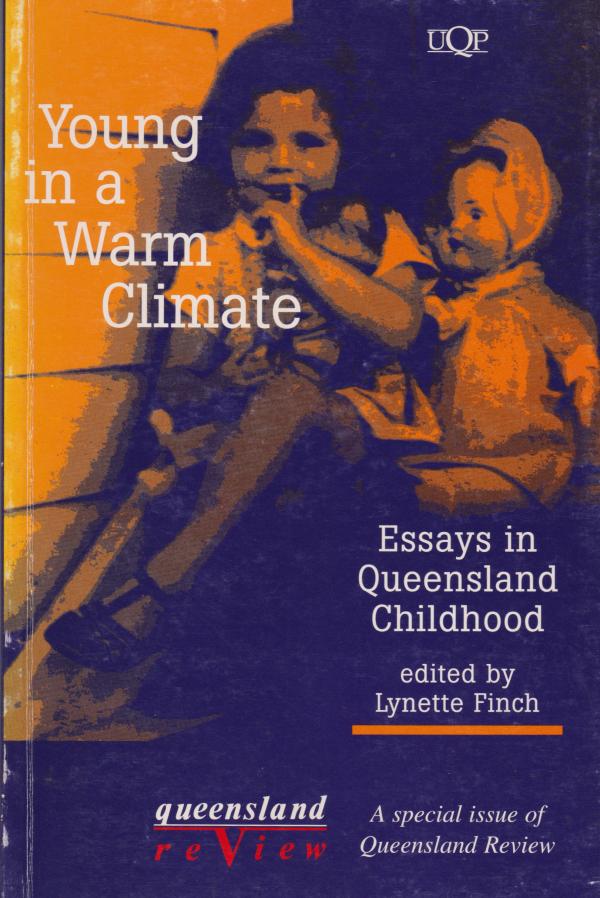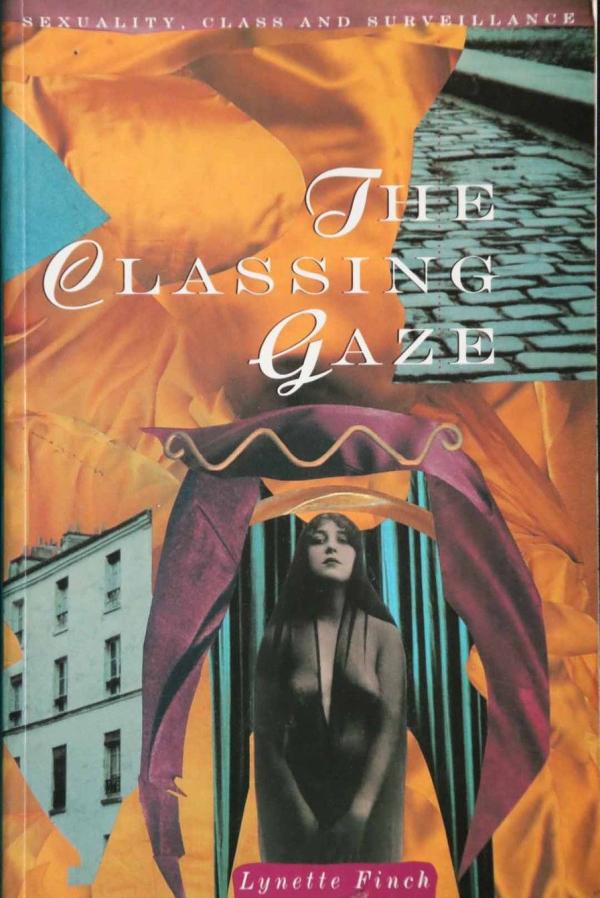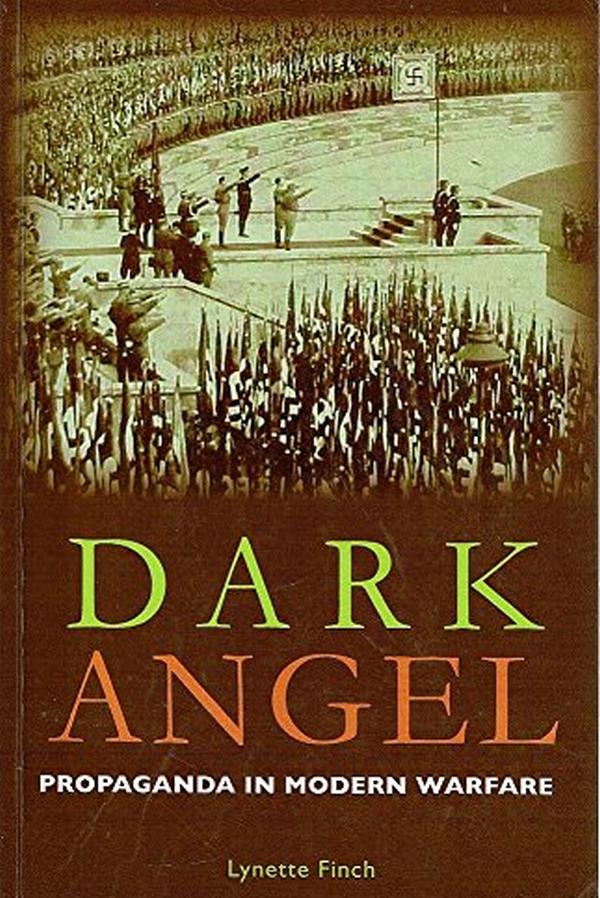“He and his fellow servants rode out on a merrymaking
and found her playing ball with other girls
and asked her to go with them, which she did and
Richard married her.” 1618.
A kidnapped girl, in Shelford, Nottinghamshire in the east midlands of England. An unbroken chain of recorded births, deaths and marriages spanning four centuries since she was taken.
Six generations later, her descendants flee their farms in Ireland and join the diaspora, to Australia.
Six generations follow. On the goldfields in Victoria, a little boy is kidnapped. In western New South Wales, five children die in the desert. At Gallipoli, a young man is shot in the water.
None of them are ever forgotten.
Earth, Wind and Fire is essentially twelve generations of my father’s mother’s family but it’s much more than that. It’s kind of Game of Thrones without the dragons.
It starts with a kidnapped girl in Shelford, Nottinghamshire in the east midlands of England in 1618 and follows an unbroken chain of recorded births, deaths and marriages which spans four centuries until, six generations later, her descendants flee their farms in Ireland and join the diaspora to Australia.
Using family stories, family photographs, published diaries and official documents, it’s the interwoven stories of five families struggling to survive amidst the most tumultuous times in European history.
